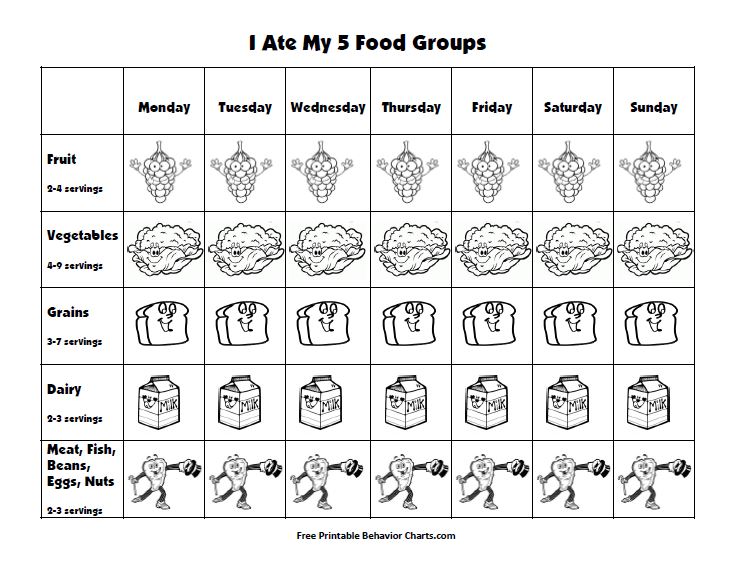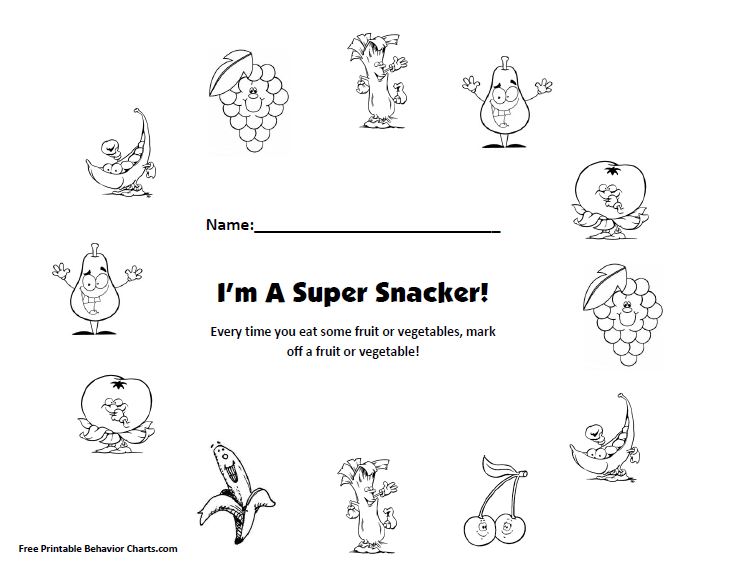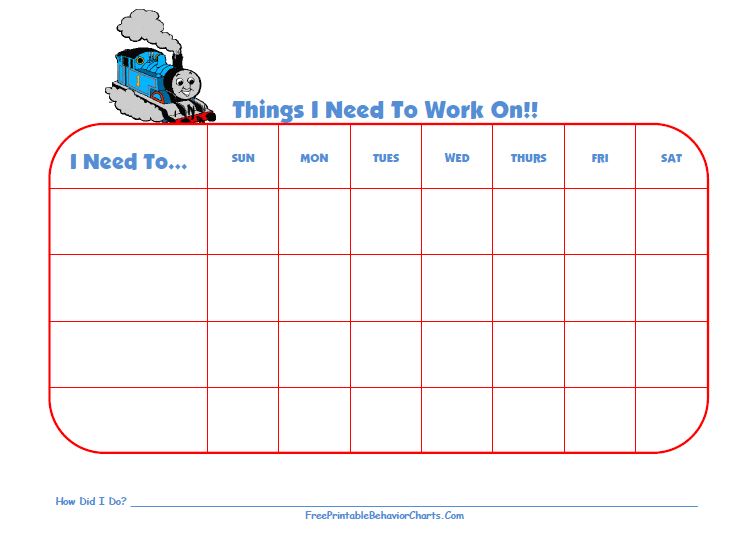Does your child love receiving high fives, tickles, hugs, or stickers for doing a great job? Positive reinforcement is a great way to motivate kids and make them feel good for working hard and accomplishing a goal.
Wouldn’t it be great if your toddler requested more carrots at dinner? This is where reward charts step in. Using a chart is a easy way to track goals and get kids to develop new healthy eating habits. Chore and behavior charts have long been in existence, so here are some tips to incorporate healthy eating goals into them.
- 1. Use a chart that the child understands. Young children like to color and add stickers. Older kids may earn points that they can trade in at the end of the week.
- 2. Reference the chart during the day, and have it somewhere that is visible during times other than dinner. The key to this is to have your child look forward to meals.
- 3. Start where the child can be successful. Maybe he first needs to work on tolerating new items on his plate, passing the bowl of peas at dinner, or just taking one bite of a new food. Starting slow will allow him to get excited and remain motivated when the tasks become more difficult.
- 4. Make the rewards worth it. Maybe your child is working for dessert, an extra 10 minutes of TV before bed, or to go to the pool at the end of the week. Identifying larger rewards (especially for older children) will allow you to promote good behavior over an extended time.
- 5. Have fun! Let your child choose his own chart based on his favorite story book character or animal that week. Get creative and add drawings, pictures, or stickers. Make a larger than life chart on a poster board or chalk board for the whole family to see.
Continue to let your child know how proud you are of them and what a good job they are doing after tackling each goal. They will continue to look forward to high fives and hugs, as well as want to show off their chart to everyone that comes visit.
I find all of my charts at www.freeprintablebehaviorcharts.com. I love that they have so many to choose from and you are able to type goals right into the chart before printing! Attached below are some examples to get you started!
Happy eating!
April Anderson MA, CCC-SLP
The Feeding Clinic at National Speech

Download

Download

Download